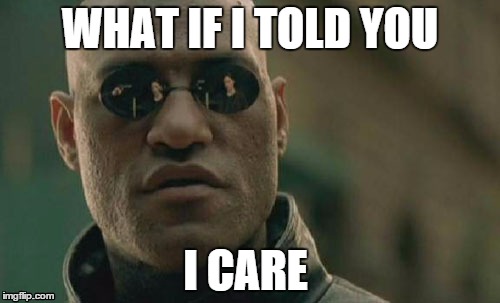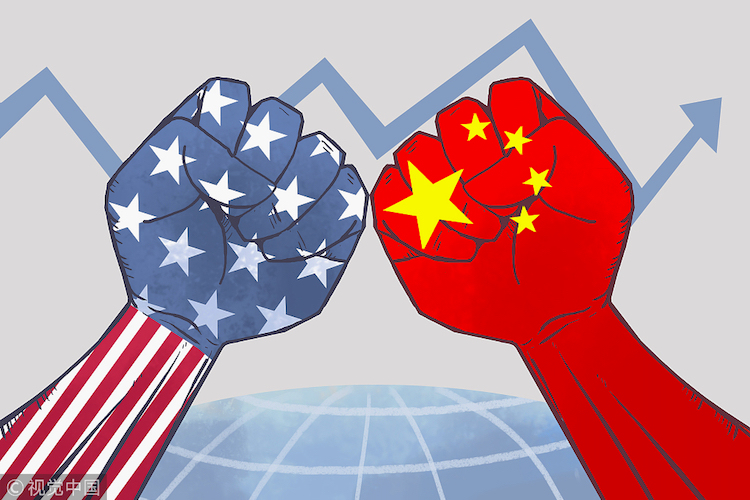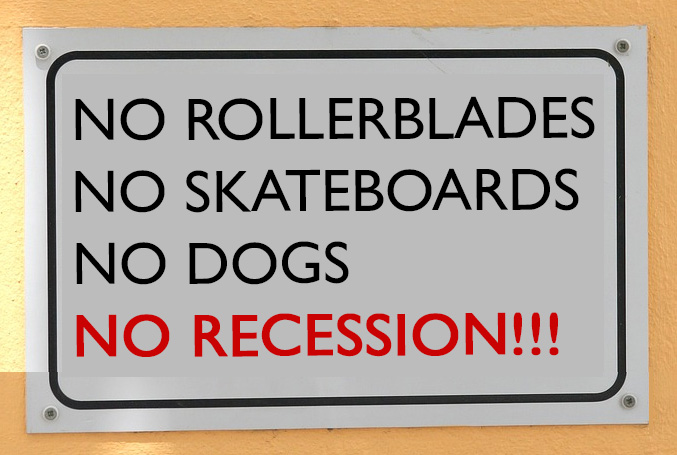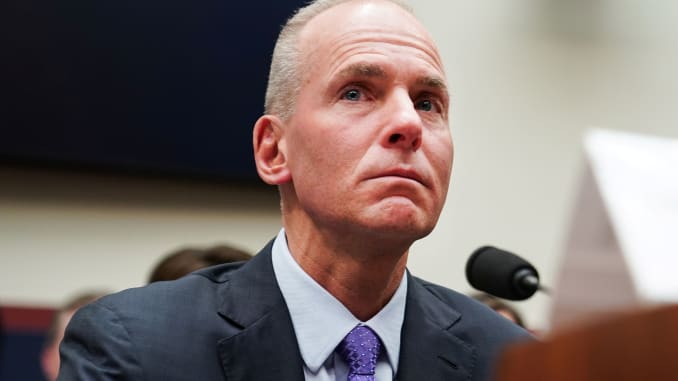We all have a lot to be thankful for this year, especially in the financial markets. The S&P 500 is up about 25% year to date (albeit from a low starting point after a 14% decline during Q4 2018). Interest rates are low, unemployment is down, wages are up, and inflation is low. Most likely, if you want a job, you can find a job. Holiday spending is expected to increase. Not all is hunky-dory, and the media likes to find clouds on the horizon, but in general, the US economy is good and stock and bond market performance reflects that strength.

Other Things To Be Thankful For
Here are some other things that I think help to underpin the markets and help to keep them strong:
- Online Trading: Think about what markets were like 20 years ago, prior to the advent of online trading, and think about the ease of access to markets that we have now due to the internet and online trading. Transaction costs have been driven down so far that they are now $0 for many trades – can’t go lower than that (although central banks in Europe and Japan have negative interest rates. Think about that – what if Charles Schwab paid you to make a trade?). With more and more people owning equities – many of them indirectly through mutual funds in their retirement accounts – it means that a greater percentage of the population has a vested interest in the markets. This can only be good for the economy.
- No Cheating: In the US, markets are generally perceived to be fair in part because the SEC does a good job rooting out and then publicizing offenders of the insider trading laws. Sure, there are always exceptions and there are those Debbie Downers out there who think that things are corrupt or rigged, but individual and institutional investors would not invest the trillions of dollars that they do invest if the markets in the US were not perceived to be fair.
- Shareholder Capitalism: There are voices out there who say that companies should be beholden to a number of “stakeholders” including employees, the community and the environment, and not just to people and institutions who own shares in their companies. I say, “Wrong!” Companies innovate and become great only if they are motivated to make money doing so. It is human nature. “Stakeholder” capitalism replaces shareholder capitalism only if we want to become a static mediocrity going forward. That said, the Golden Rule from the Bible applies to corporate management, which is something that cannot be regulated.
- Liberty: My Facebook profile photo is one of the Statue of Liberty that I took on a trip there last year. Diversity is a good thing, but it is Liberty that made this country great. We are not perfect, and not all of us have had full Liberty since 1776, but we remain a work in process, and protection of our various God-given liberties will be paramount if we want to remain thankful and count our blessings in the future.








